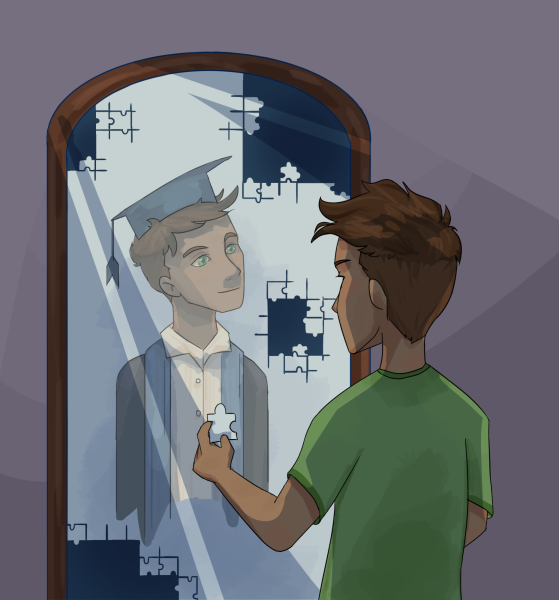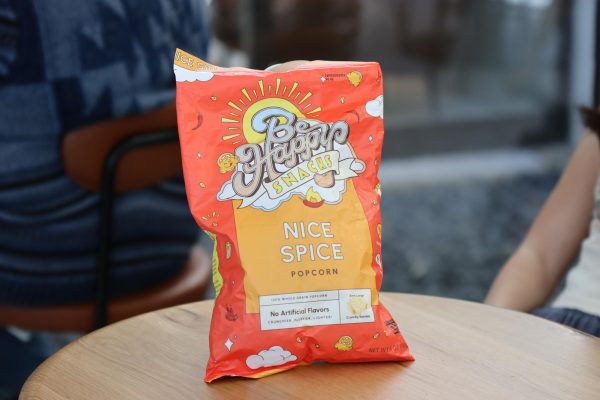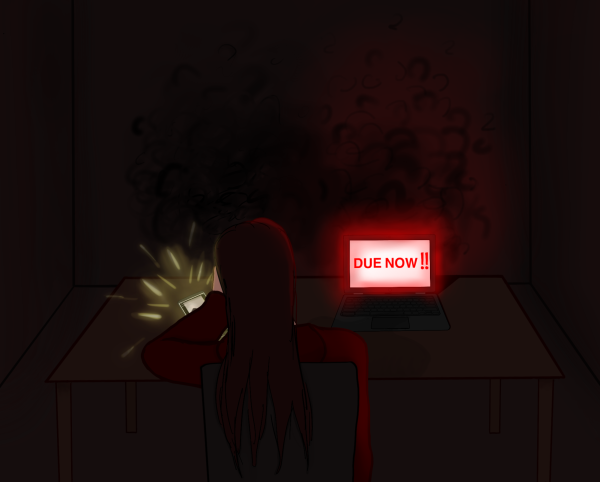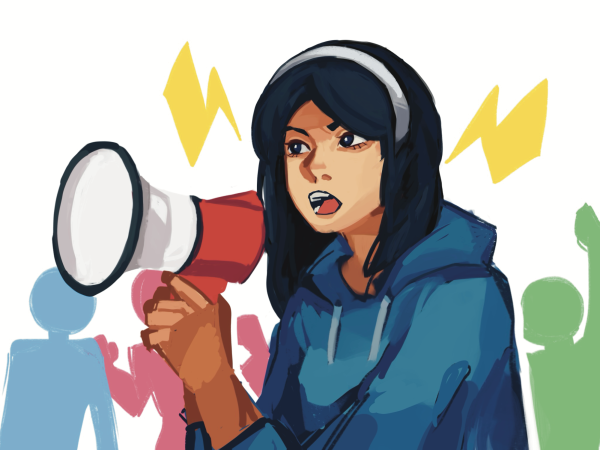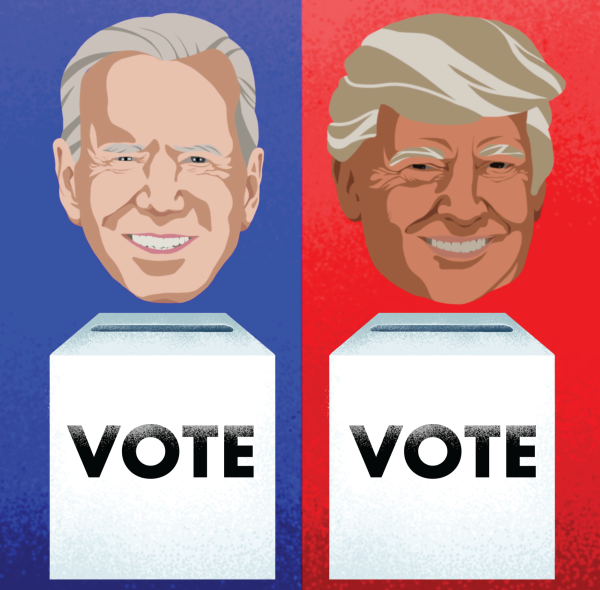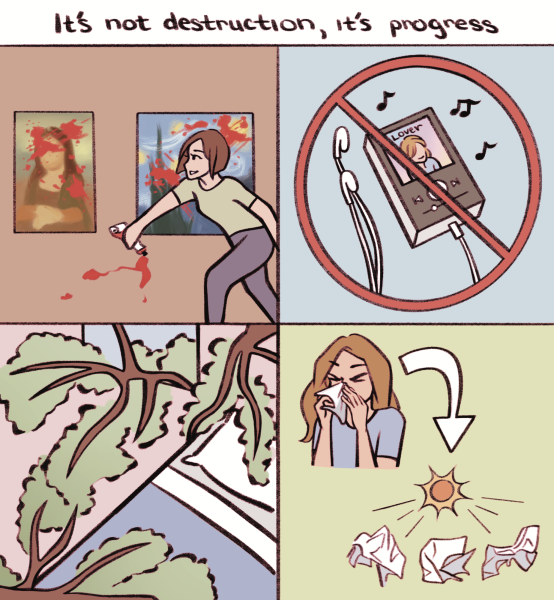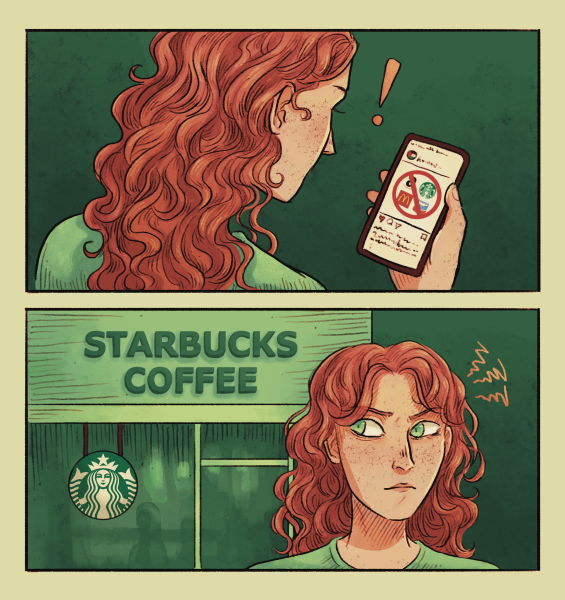Flappy Bird creator removes app from stores
Game’s creator says legal issues were not the reason for app’s removal.
As an increasing number of mobile apps flood Apple and Android App Stores, it seems the entire world devotes an increasing amount of time to the most popular games on the market. The vicious cycle continues in full force today, as millions are hooked on the newest “trending” app, Flappy Bird. However, despite its increasing popularity in the beginning months of 2014, Flappy Bird creator Dong Nguyen removed the game off all platforms’ App Stores, making it increasingly difficult to hop on the Flappy Bird bandwagon for free.
Flappy Bird, known for its simple yet painstakingly frustrating objective of navigating an animated bird between green pipes, has accumulated quite the fanbase since its sudden spike in popularity in mid-January. Before its removal from all App Stores, Flappy Bird has a total of over 50 million users, while being number one on Google Play in 11 nations.
To many people’s surprise, Nguyen removed the app from both the Apple and Android App Stores on Feb. 8. The sudden 22 hour warning and official removal announcement left many curious as to why the game was removed given its recent successes. Nguyen notes that the removal of Flappy Bird was on his own volition, rather than because of legal issues.
“Flappy Bird was designed to play in a few minutes when you are relaxed,” Nguyen said in an interview with Forbes. “But it happened to become an addictive product. I think it has become a problem. To solve that problem, it’s best to take down Flappy Bird. It’s gone forever.”
Many still question Nguyen’s decision to remove the app from both Apple’s App Store and Google Play, but some believe that Nguyen’s actions may be financially beneficial. Junior Nihar Pol believes that the removal of Flappy Bird actually benefits Nguyen.
“The decision to take down Flappy Bird is good because [Nguyen] avoids legal issues when other apps are similar to his in behavior and interface,” Pol said. “When an app becomes really profitable, a good option is to make your money and to get out of the market.”
Pol also suggests that despite what could be a continuation of Flappy Bird’s increased popularity, Nguyen’s decision may be more financially profitable in the short term.
“[Nguyen] probably increased the probability that people are playing the app because Flappy Bird is not available in the store anymore,” Pol said. At least for a short period of time, he is probably getting more money from the app because then it would be a privilege to own the game.”
Flappy Bird’s influence on the App Store has caused other makers to replicate the game with other animals and settings. Currently, six of the top 10 free games on Apple‘s App Store are variations of Flappy Bird. The first to rise to the top of the App Store was Splashy Fish, which features a fish that navigates around golden pedestals. Splashy Fish lsated at the top of the App Store for two weeks, but was topped by other apps on the week of Feb. 24.
Two apps have since captured the spotlight: Flying Cyrus and Flappy Wings both model Flappy Bird’s game objective, but Flying Cyrus contains wrecking ball and sledgehammer obstacles, while Flappy Wings is just a more colorful, pixelated copy of Flappy Bird. Luckily, if you own a Windows phone, you can get a fake version of the now obsolete Flappy Bird; just make sure to get it before Microsoft reports the app for copyright infringement. Otherwise, it looks like you are completely out of luck.
Your donation will support the student journalists of Palo Alto High School's newspaper

